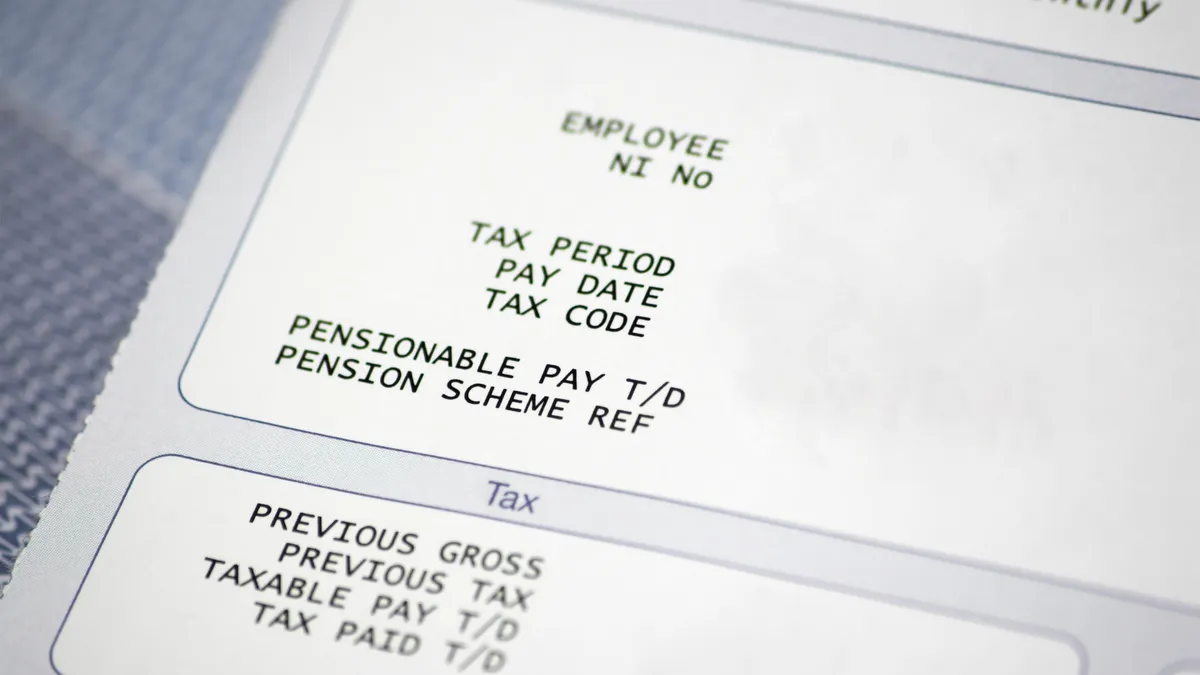Kevin Coop has been CEO of New York-based earned wage access provider DailyPay since June 2022. Formerly, he was the president of the North America region for the research firm Dun & Bradstreet.
We’ve been accustomed to the biweekly pay cycle for 80 years. Eighty years of waiting for payday. Eighty years of granting your employer an interest-free loan every two weeks. Eighty years of trying to figure out what to do when everyday obligations and emergency events don’t neatly arise every two weeks when your employer runs payroll.
On June 8, 1943, Congress passed the Current Tax Payment Act, which would have a lasting impact on how and when we receive our wages, and ultimately shaped the biweekly pay cycle that has governed the payroll landscape for the past eight decades.
Enacted as a wartime measure to support the financing of World War II, the Current Tax Payment Act introduced the practice of withholding taxes from employees' paychecks regularly. This established the biweekly pay cycle as we know it – the standard for employment in the U.S. As we approach this significant anniversary, it's time to question whether this traditional approach to paying employees is still the most efficient and equitable.

In an era where we can instantly transfer money to our peers, have groceries delivered within an hour and access information with a simple touch, the notion of waiting two weeks for our hard-earned wages seems outdated. There is clearly a disconnect between the on-demand nature of our daily lives and the way we’re paid, which is why now is the time to reconsider the timing of our pay.
Unnecessarily withholding wages that have already been earned can be annoying at best, and detrimental to a person’s financial health at worst. For many working people in the U.S., and around the world, waiting two weeks or more for their next scheduled paycheck can often mean turning to expensive and predatory financial strategies and products like overdrawing a bank account, pawn loans and payday loans to cover necessary or unexpected expenses.
Technologies like Earned Wage Access (EWA), otherwise known as on-demand pay, create a paradigm shift by allowing users to voluntarily access their earned pay once they’ve worked for it.
There are several reasons why voluntary, on-demand pay technologies should be the default method of pay, and why it benefits employees, employers and the communities they share.
On-demand pay not only provides a convenient and flexible solution for workers, but it also has the power to disrupt the cycle of debt and financial stress associated with payday loans and other subpar financial products.
Employers who offer an on-demand pay solution also reap the benefits of giving employees choice and control over their earned pay, fostering more satisfied, productive and engaged workforces.
In fact, 96% of employers who offer an on-demand pay solution say that their employees like it, and that it helps attract talent, according to market research from payroll company ADP. And 66% of employees working for companies that didn't offer it said they would be interested if their employer were to offer it, ADP said.
Having access to earned pay before a scheduled payday can have a positive effect across the entire financial ecosystem. With the click of a button, and within the privacy of one’s own phone, already earned wages are accessed and then directed into our financial system with fewer costly delays for all inter-connected parties. This provides quicker and more stable capital to merchants and shoppers, as well as financial institutions and customers. Bills are paid on time. Goods and services are purchased more frequently. And best of all, earned income is always available in the right place, at the right time, for everyone.
Considering the stress and financial strain faced by countless workers due to the biweekly pay cycle, I firmly believe that on-demand pay is the future of payroll. It's a win-win solution for both employees and employers, providing greater financial flexibility while simultaneously reducing turnover rates and boosting job satisfaction.
As we commemorate the 80th anniversary of the Current Tax Payment Act, let us seize this moment – as employers, employees, and as one community – to reimagine the way we are paid and wholeheartedly embrace the transformative power of on-demand pay for all.


















